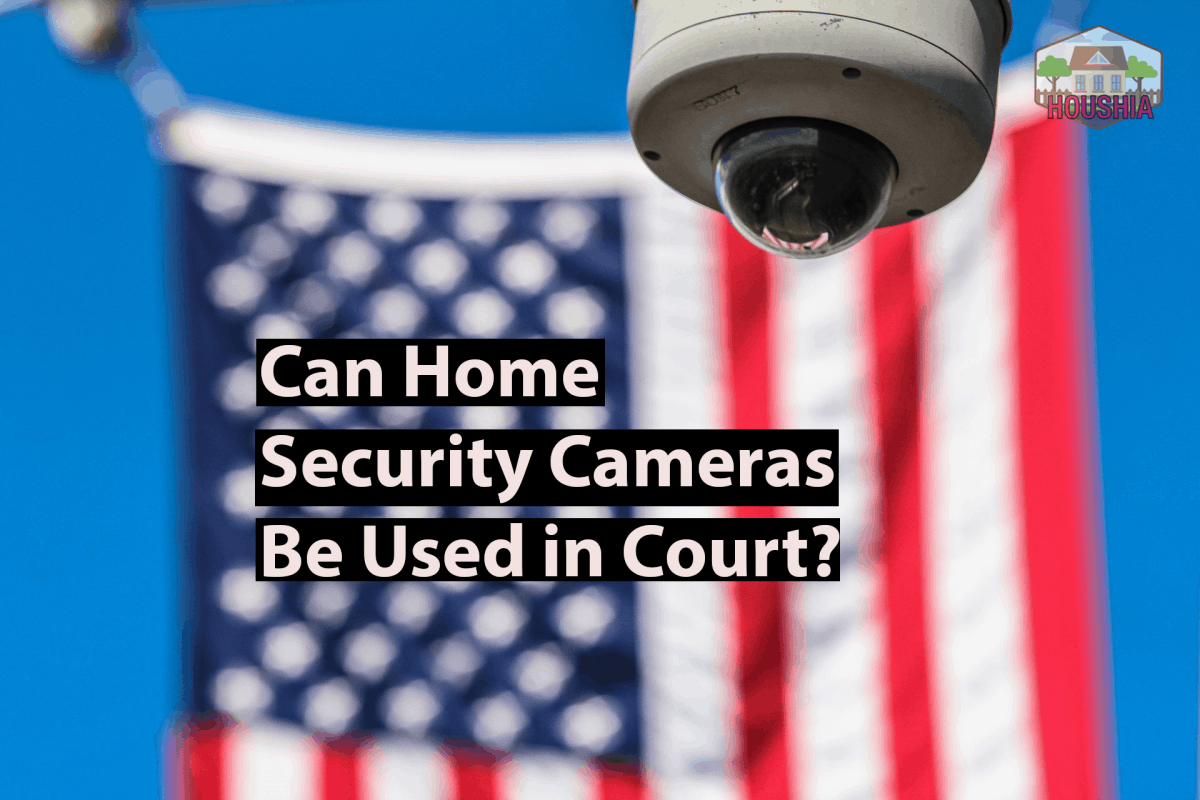Home security cameras have become ubiquitous across the globe. They are used not only to manage the household away from home but also to investigate crimes and solve civil litigations such as insurance claims and other damages.
However other than serving as the virtual eyes of the end-users, surveillance cameras have also proven their worth in court litigations.
Can home security cameras be used in court? Home security cameras can be used as evidence in court. Although they are useful in lawsuits, homeowners have real rights over the footage and still images captured by their security cameras and the police may view and request a copy of them only in certain circumstances.
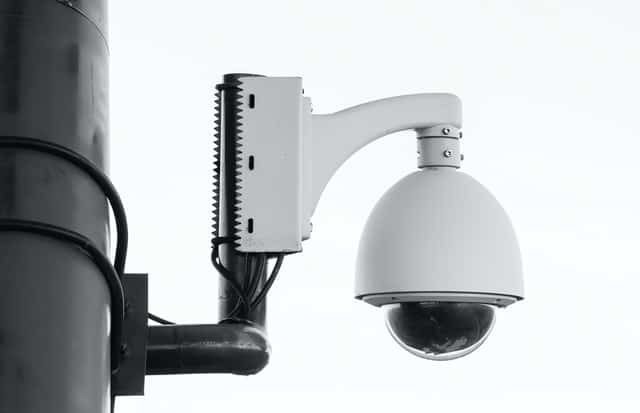
Surveillance cameras are not only preventive as they aid in deterring would be criminals, but also corrective since they help solve crimes and civil cases. However, not all the recordings captured by your security cameras can be used in court.
Further, some may find the use of the recordings violative of their privacy and property rights.
But does it really violate these rights?
Rights over the Footages and Still Shots
Some countries recognize a person’s basic right to privacy. Many laws have been enacted to limit the ability of organizations and even their governments to collect information about people’s personal lives without their consent although in reality, these laws are often bypassed.
Countries all over the world have different laws regarding the use of security cameras. But in general there is no prohibition against installing surveillance cameras within the vicinity of one’s home if they are intended for security and management purposes.
United States

The laws on the use of security cameras in the United States vary from state to state. However, it is widely practiced among the states that the use of surveillance cameras is limited to the prevention and investigation of crimes and the promotion of public safety.
Although the Fourth Amendment of their Constitution provides protection against illegal searches conducted by the police, there are currently no general and legally enforceable rules to limit any form of privacy invasions and protection from abuse of CCTV systems.
However, there is a common law prohibition against improper seizures of properties. Recordings from surveillance cameras are properties that are also protected under the law.
Hence, they cannot be arbitrarily taken from the owners against their will unless there is a court order or the proper procedural requirements by the law enforcement agency concerned have been complied.
Canada

The Canadian Bill of Rights does not contain specific protection against unreasonable searches and seizures. However, section 1(a) provides a limited right against deprivation of the enjoyment of property without due process.
Further, Canada is a signatory to the International Covenant on Civil and Political Rights which ensures freedom from arbitrary and unlawful interference under article 17 thereof.
Hence, Canadian laws recognize the rights of homeowners over the footage captured by their security cameras and they shall not be arbitrarily deprived thereof without due process of law.
The due process mentioned may include the issuance of court order after careful assessment of the facts and circumstances surrounding the case. It means it shall not be issued capriciously to your prejudice just for the sake of obtaining copies of the videos or images captured by your security cameras.
United Kingdom

The United Kingdom enacted the Data Protection Act (DPA) of 2018 which regulates how one’s personal information is used by organizations and even the government.
Under the law, a person has the right to determine what information the government and other organizations store about him or her.
This also includes the right to be informed about how their data is being used, access their personal data, update incorrect information and object to how one’s data is being processed.
When a police requests to view or copy footages captured from one’s surveillance camera, the law requires the homeowner to:
- Ensure that there is a written request and a record of such demand
- Verify the identity of the person or police officer requesting
- Ask as much details as possible about their purpose, the need for the footage and its intended use
- Ensure that the footages are handled properly and that there appropriate access controls in place both physically and technologically to ensure privacy and security of the footages
- Ensure that they fall in the right organizations or government agency
- Provide only the needed footage and disclose as minimum amount of personal data as possible; and
- Keep a written record or data of all the requests made by them.
Australia

The privacy implications of security cameras have long been considered in Australia. However, case law from state to state may vary depending on the measures enacted by their legislative.
In Victoria, it was held that the use of CCTVs in schools is not a breach of the Information Privacy Act of 2000. However, it was held in New South Wales that the use of CCTVs by a council is a breach of the Privacy and Personal Information Protection Act.
Generally, privacy laws in Australia allow the disclosure of personal information to law enforcement agencies as long as they are relevant to a law enforcement activity and the prescribed procedures are followed.
When a request is made by a private individual not authorized by the government, federal courts or law enforcement agencies, the normal course is to assess whether the request is in accordance with the relevant Freedom of Information laws.
You may release them if the demanded clips from your security cameras only show the person so requesting.
However, if there are other individuals in the footage who are identifiable, it may not be possible to release the same unless the footage can be edited or censored to protect the identity of other people captured therein who did not consent to the releasing of the footage.
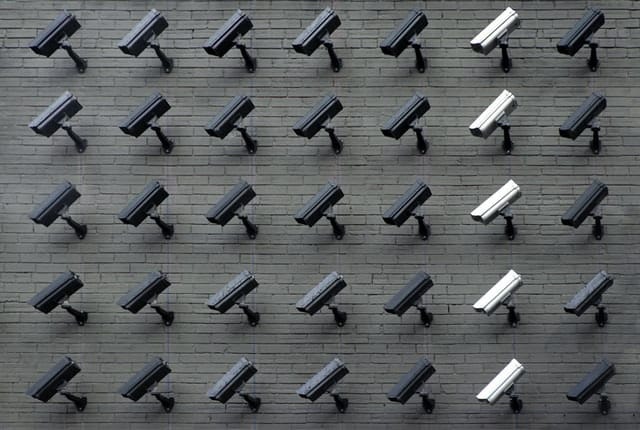
Surveillance Cameras as Evidence in Court Litigations
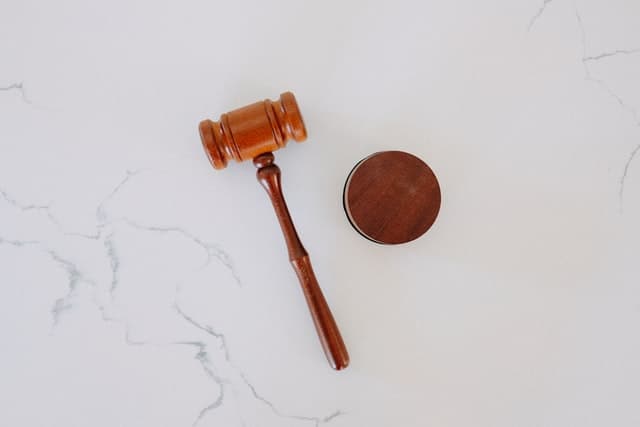
How security cameras may be used as evidence depends on their admissibility.
Authentication is the process of convincing the court that the footage or still images captured by your surveillance cameras are factual which may require proving that there has been no alteration of any kind such as enhancement or image manipulation.
Countries all over the world have different rules with regards to authentication.
United States
In the United States, the process of authentication includes determining the relevance of the evidence offered before it is accepted.
Only then will the court shall ask the party offering the videos and still shots of surveillance cameras to demonstrate or explain their authenticity which may include giving testimony as to how they were taken, the events before and after they were taken, the audit trail and other facts that may prove their legitimacy.
There is no strict and technical method into which the evidence offered must go through in order to be admissible in court litigations. Although they follow a certain practice such as evaluating its source and chain of custody, their admissibility may vary from case to case.
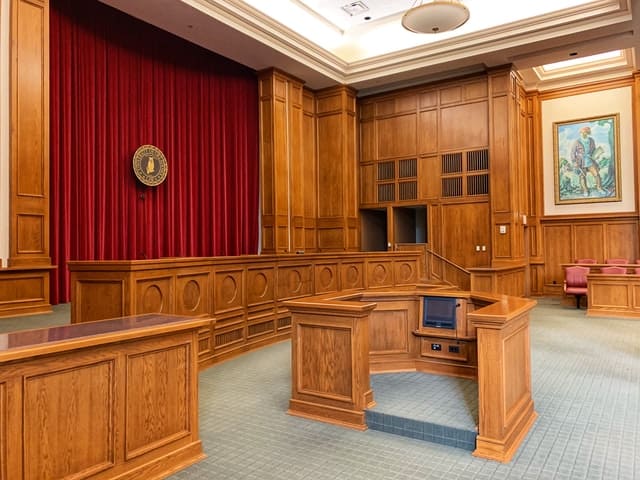
Australia
The laws on the legality of digital evidence vary from state to state. There is generally no issue in authenticating recordings from a surveillance camera owned by the very person who offered them as evidence. The problem arises when they are offered or requested by a party other than the owner.
Under the Evidence Act of 1995, the court has the discretion to exclude illegally or improperly acquired evidence. If the recordings were obtained in breach of a state legislation, it could be excluded based on technicalities.
The law further provides the courts general discretion to exclude the videos or still shots presented if their evidentiary weight is substantially counterweighted by the risk that they might mislead and confuse the court or unfairly cause prejudice to a party in litigation.
Nevertheless, it is widely practiced that if there is a breach of a state legislation the court has the discretion to admit them as evidence and shall consider:
- The probative value of the recordings
- Their significance or relevance to the case
- Nature of the recordings; and
- The gravity of the illegality or impropriety of the manner in which the videos or images were obtained.
Canada
Laws in Canada require a reasonable link between the footage and the litigation to which it is presented as evidence.
Only then will the court require careful authentication techniques which may include witness testifying, documentation and evaluation of the chain of custody to prove that the footage and still shots presented are raw and unedited or that they are the exact duplicate copies of the original clips.
Although enhancement on the videos and images may be allowed in Canadian Laws, this practice is frowned upon since the admissibility of enhanced clips may be challenged in court on the ground that there has been some sort of alteration on its quality and endresult.
India
The process of authentication as provided in the Indian Evidence Act requires electronic records, including surveillance camera footage, to be certified by a public officer tasked under the law to admit evidence in court litigations.
However, the Supreme Court of India held that the requirement to obtain a certificate that the electronic evidence is admissible is not mandatory whenever the interest of justice so warrants.
Hence, there are certain circumstances in which the court may admit footage and still shots from surveillance cameras as evidence even without the required certification.
Philippines
In the Philippines, the Rules on Electronic Evidence provides that the videos and images captured by surveillance cameras shall be admissible as evidence if they are presented or displayed to the court and identified, explained or authenticated by the person who owns the surveillance cameras.
However, proving the authenticity of the recordings is not a task limited to the homeowners or the party presenting them as evidence. They may also be verified by another competent witness who can testify to their genuineness or even those who are familiar with the events that occured.
Although the bearings of their statements differ, the court has the discretion to use their testimonies and add them to the evidentiary weight of the recordings.
United Kingdom
In the United Kingdom, the process of authentication includes several technical methods such as the use of digital signature, watermarking, encryption and evaluating the audit trail to validate the digital evidence and the technologies used in connection with them.
However, similar to the United States, they do not strictly follow any particular authentication method before they can be admitted as evidence.
Home security and cameras are such a cool subject to read and write about. After you’ve finished reading this, you might want to checkout our article on Can Home Security Cameras Record Sound – Yes! Here’s How & Why!
CCTV footage on Cloud: Who owns the data?
With the integration of several companies offering CCTV services on cloud or surveillance cameras connected on software applications online, questions may arise as to the ownership and security of the footage captured and stored online.
Cutting the Dilemma on Ownership
Many wonder who ultimately owns the recordings captured by their home security cameras. The answer depends on the contract between the integrator and the end-user.
If the videos and images are stored on the client’s DVR, then the final consumers or the homeowners have real and legal right over the recordings. Neither the integrators nor the central stations of CCTVs on cloud have ownership or control over them.
If the clips are stored off-site on the integrator’s own central station, then the integrator owns them. However, if the integrator uses a third-party central station, generally the central station owns the clips unless there is a contrary agreement between them.
Nevertheless, the ownership of the integrators and the central station does not grant them blanket authority and rights over the footages. They are still subject to the final control of the client or end-user.
Hence, they cannot be arbitrarily released to third parties without the consent of their clients. Further, the end-users are under no obligation to provide a copy of the recordings to anybody voluntarily unless subpoenaed or ordered by the court.
The Danger of CCTVs on Cloud
Homeowners may question the security and protection offered by CCTVs on cloud from breaches of privacy rights. Can other people view and ask for a copy of the footages from the integrators or central stations? Generally, the answer is no. However, there are two exceptions.
One, the integrators or central stations may allow third parties to view and copy these footages if it is permitted by the homeowners. Second, it may be allowed if there is a subpoena or search warrant duly-issued by a court.
Other than these two exceptions, other persons can neither view nor ask from the integrators or central stations a copy of the footage captured by your home security cameras.
Even law enforcement agencies cannot demand a copy of the recordings without the written request and proper documentation under the law. Generally, there are two ways in which the government or law enforcement agency can legally acquire a copy of the recordings captured by your surveillance cameras.
One is a search warrant which is issued by a court when the prosecutors show that there is probable cause to believe that the recordings sought may be related to a criminal act. The other document is a subpoena which generally has lower standards and may be issued when the footage demanded is merely relevant to an investigation.
Subpoenas and search warrants are sufficient documents to release the recordings captured by your surveillance cameras and generally no civil liability will attach to the integrator or central server if they own the requested recordings by law and contract.
Conviction, Acquittal and Winning Cases
The use of security cameras at home and public places has significantly increased in the past decades and they have proven beneficial in solving crimes and civil cases. Some of the popular crimes solved with the aid of security cameras are the London Nail Bomber in 1999, Murder of James Bulger in 1993, the Boston Marathon Bombing in 2013 and the UK riots in 2011.
Footages from surveillance cameras have also proved its use in deciding cases regarding insurance claims, actual damages in civil cases and family-related lawsuits such as the issue of child custody.
Alternative: The Silent Witness Theory
As long the footages and images captured by your security cameras conform to the procedural and legal requirements for their admissibility in court, they may prove beneficial in promoting your cause which is ultimately to win the lawsuit.
However, the authentication in certain circumstances might prove to be difficult or impractical. But don’t worry! Some countries recognize the silent witness theory in admitting digital evidence.
The silent witness theory suggests that surveillance videos may be admissible as evidence in the absence of verification made by a witness with personal knowledge of its contents if there are other evidences which prove their reliability.
The recordings are considered silent witnesses and are deemed to speak for themselves as long as the accuracy of the procedure used to obtain the digital evidence is established. Hence, a witness may not be necessary to testify to the contents of the recordings in certain cases.
How Security Cameras Really Work in Court
The authentication of the recordings and their admissibility as evidence do not necessarily result in conviction, acquittal or winning a civil case.
Further, the testimonies of witnesses with regards to the footage merely add to their probative value but they do not automatically make the recordings as the superior evidence under the best evidence rule.
The judge will still weigh the evidence and decide based on the attending facts and circumstances and the relevant laws in place.
In fact, the recordings of your surveillance cameras may even be used as basis by the other party to prove their assertions. Hence before asking for authentication or offering your recordings as evidence to any litigation, make an assessment and ensure that they will not work against you.
Once the evidence is admitted to the court, any party to the case may use it to prove their claim even if the same is against the very person who introduced the evidence.
Conclusion
Ever since their creation, security cameras have become useful in putting an end to criminal cases and civil litigations. The laws on security cameras can be daunting and overwhelming.
What’s admissible as evidence in one country may not be for another. What’s prescribed in theory may not be practiced in reality. Although some governments recognize the privacy and property rights of their citizens by enacting laws protecting the same, in reality these rights are constantly being violated by law enforcement agencies and other government bodies.
Ultimately, the end-users are left with no choice but to protect themselves against this abuse of authority. Before entering into contracts with companies offering security cameras online, make sure you read the terms and conditions, understand its implications on your privacy and ask other measures to ensure your rights are not violated.
The government may have failed its people but you cannot fail yourself and your family by recklessly entering into contracts without properly making an assessment.
P.S.
That’s it for this article. I hope you enjoyed reading it and if you think it might be useful for someone else then please share it on social media, email or your own website! It really encourages us to write more content and grow the site!
Steve
If you’re interested in reading more about smart light, smart garages and smart homes checkout some of the other houshia categories including:

